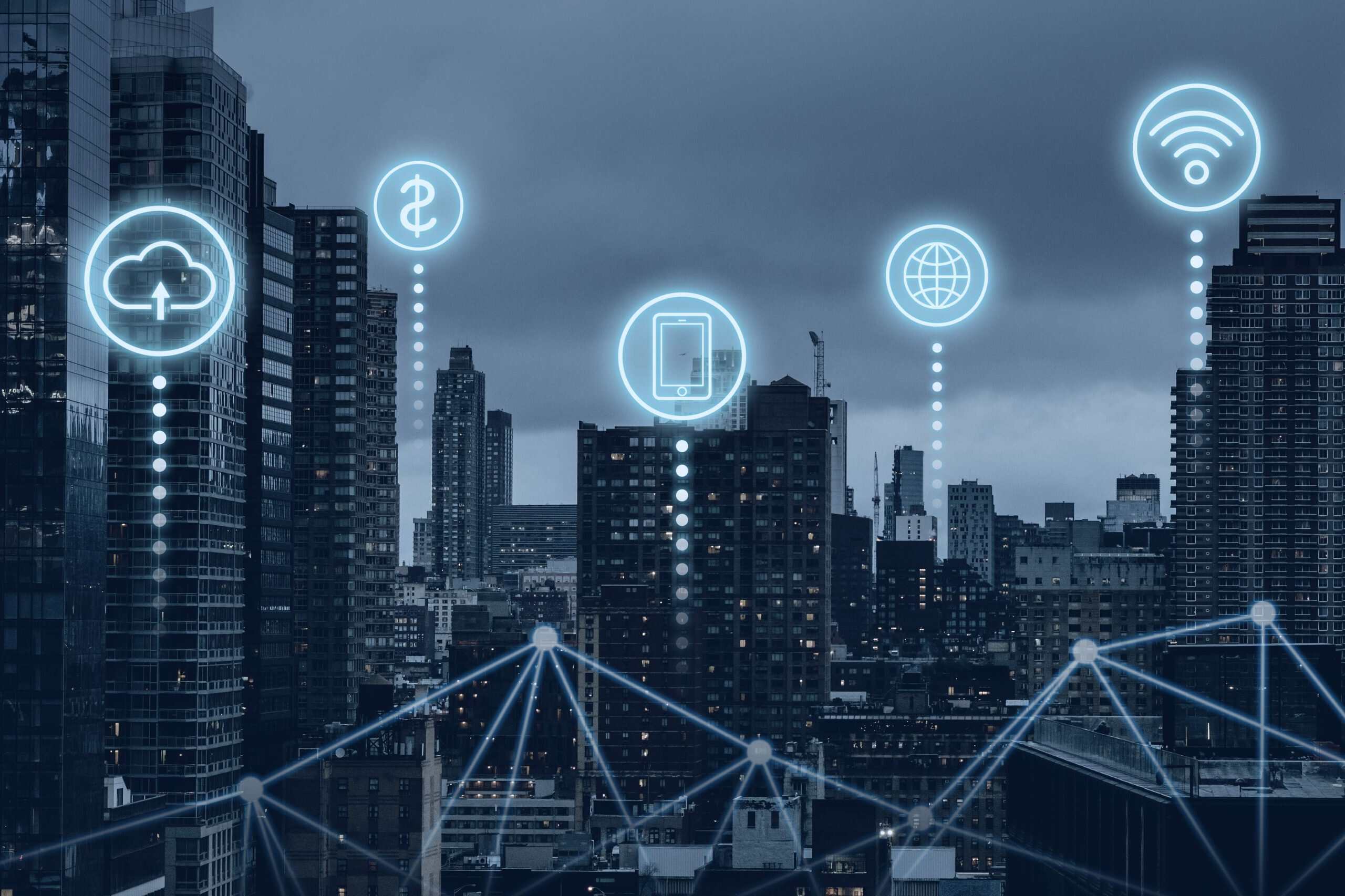
The Internet of Things (IoT) is transforming how we live, work, and play. From smart homes to connected cars, IoT devices are everywhere, making our lives more convenient and efficient. But what exactly is IoT? In simple terms, IoT refers to the network of physical objects—things embedded with sensors, software, and other technologies—that connect and exchange data with other devices and systems over the internet. This interconnected web of devices can range from household items like refrigerators and thermostats to industrial machinery and healthcare equipment. Curious about how IoT impacts your daily life? Let's dive into 21 fascinating facts about IoT that will give you a clearer picture of this technological marvel.
What is IoT?
The Internet of Things (IoT) connects everyday objects to the internet, allowing them to send and receive data. This technology is transforming how we live and work. Here are some fascinating facts about IoT.
-
IoT Origins: The term "Internet of Things" was coined by Kevin Ashton in 1999. He envisioned a world where physical objects could communicate with each other.
-
Connected Devices: By 2025, it's estimated there will be over 75 billion IoT devices worldwide. This includes everything from smart fridges to wearable fitness trackers.
-
Smart Homes: IoT enables smart homes, where devices like thermostats, lights, and security systems can be controlled remotely via smartphones or voice assistants.
-
Healthcare Revolution: IoT is revolutionizing healthcare with devices like smartwatches that monitor heart rates and glucose levels, providing real-time health data to doctors.
IoT in Everyday Life
IoT is not just a futuristic concept; it's already integrated into our daily routines. Here are some examples of how IoT is making life easier and more efficient.
-
Smart Cities: Cities are becoming smarter with IoT. Sensors monitor traffic, manage waste, and even control streetlights to save energy.
-
Agriculture: Farmers use IoT devices to monitor soil moisture, track livestock, and optimize irrigation, leading to increased crop yields and reduced water usage.
-
Retail: IoT is transforming retail with smart shelves that track inventory and beacons that send personalized offers to shoppers' smartphones.
-
Energy Management: Smart meters and grids help consumers and utilities manage energy usage more efficiently, reducing costs and environmental impact.
Security and Privacy Concerns
While IoT offers many benefits, it also raises significant security and privacy issues. Understanding these concerns is crucial for safe IoT adoption.
-
Data Security: IoT devices collect vast amounts of data, making them attractive targets for hackers. Ensuring robust security measures is essential.
-
Privacy Risks: IoT devices often collect personal information, raising concerns about how this data is used and who has access to it.
-
Regulations: Governments are starting to implement regulations to protect consumers, but the fast-paced nature of IoT development makes this challenging.
-
Device Vulnerability: Many IoT devices have weak security features, making them susceptible to cyberattacks. Regular updates and strong passwords can help mitigate risks.
IoT in Industry
Industries are leveraging IoT to improve efficiency, reduce costs, and innovate. Here are some ways IoT is transforming various sectors.
-
Manufacturing: IoT enables predictive maintenance, where sensors monitor equipment and predict failures before they occur, reducing downtime.
-
Transportation: Fleet management systems use IoT to track vehicles, optimize routes, and monitor driver behavior, improving efficiency and safety.
-
Supply Chain: IoT provides real-time tracking of goods, improving inventory management and reducing losses due to theft or spoilage.
-
Construction: IoT devices monitor construction sites for safety hazards, track equipment usage, and manage resources more effectively.
Future of IoT
The future of IoT looks promising, with advancements in technology and new applications emerging. Here are some trends to watch.
-
5G Integration: The rollout of 5G networks will enhance IoT capabilities, providing faster data transfer and more reliable connections.
-
AI and IoT: Combining IoT with artificial intelligence (AI) will enable smarter decision-making and automation, leading to more efficient systems.
-
Edge Computing: Edge computing processes data closer to where it's generated, reducing latency and improving response times for IoT applications.
-
Sustainability: IoT can contribute to sustainability efforts by optimizing resource usage, reducing waste, and monitoring environmental conditions.
-
Interoperability: As more IoT devices come online, ensuring they can communicate and work together seamlessly will be crucial for maximizing their potential.
The Future of IoT
IoT is changing how we live, work, and play. From smart homes to connected cars, it's everywhere. This technology isn't just a trend; it's a game-changer. With billions of devices online, the possibilities are endless. Think about smart cities reducing traffic or healthcare devices monitoring patients in real-time. These innovations make life easier and more efficient.
But, it's not all sunshine and rainbows. Security and privacy concerns are real. As more devices connect, the risk of cyber-attacks grows. It's crucial to stay informed and take steps to protect your data.
IoT is here to stay, and it's only going to get bigger. Embrace the changes, stay safe, and enjoy the convenience it brings. The future is connected, and it's exciting to see where it will take us next.
Was this page helpful?
Our commitment to delivering trustworthy and engaging content is at the heart of what we do. Each fact on our site is contributed by real users like you, bringing a wealth of diverse insights and information. To ensure the highest standards of accuracy and reliability, our dedicated editors meticulously review each submission. This process guarantees that the facts we share are not only fascinating but also credible. Trust in our commitment to quality and authenticity as you explore and learn with us.


